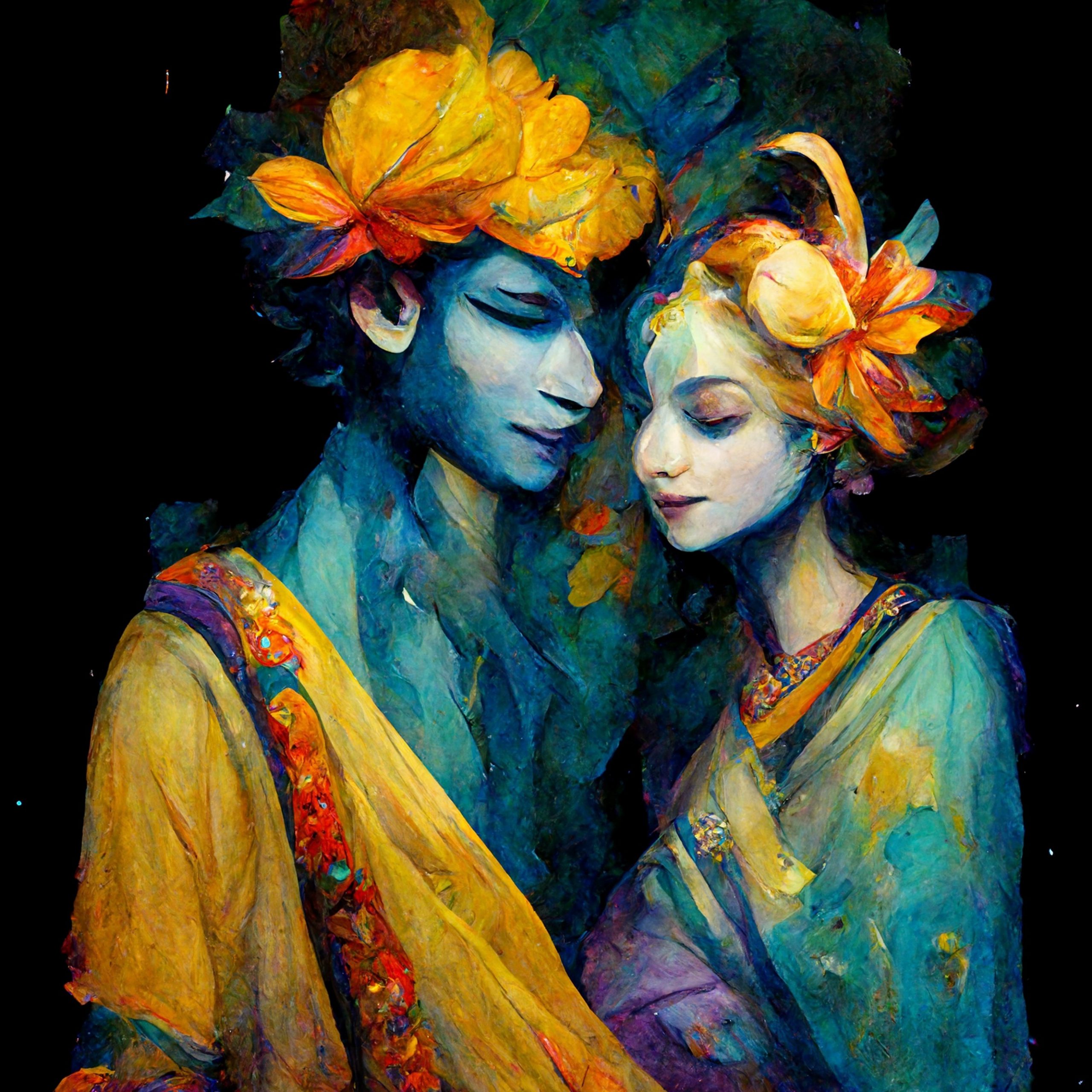
Despite concerns that something like it might happen, no one protesting changes to the French retirement age cut the power at the press screening of “Jeanne du Barry,” which opened the 76th Cannes Film Festival on Tuesday night. But it’s hard to imagine that many people would have minded if someone had. It only takes a couple of minutes of this 18th-century costume drama’s thundering score and portentous, patronizing voice-over (“Aren’t girls who come from nothing ready for anything?”) to realize that this is not the film you crossed the Atlantic to see.
The movie stars and was directed by Maïwenn, a Cannes favorite who goes only by her first name. Maïwenn won the jury prize for “Polisse” in 2011, returned to competition with “My King” in 2015, and had a ceremonial official selection, “DNA,” announced for the 2020 festival after that edition had been canceled. “Jeanne du Barry” retells the oft-told story of the title character, Louis XV’s favorite mistress, who had the impudence to thumb her nose at the formalities of Versailles but also managed to usher in some vaguely forward-looking reforms, at least in this film’s telling. When the French Revolution came around, she lost her head to the guillotine. But that detail is only relayed in passing at the end, because Louis was dead by then, and the heart of the movie is their relationship.
It is not, for the most part, a beating heart. The most newsworthy aspect of “Jeanne du Barry” is that it contains Johnny Depp’s first new major role since his defamation lawsuit against Amber Heard. But as Louis XV, he barely makes an impression. Depp is largely relegated to looking sad at having to live like royalty. Occasionally, he lets slip a glimmer of wry amusement, as when the carefree Jeanne tells him that he looks just like the six-franc coin he’s minted on. It’s almost a relief when the king develops smallpox, because at least it gives some expression to Depp’s face. As movies about the demises of French monarchs go, you are far better off with Albert Serra’s “The Death of Louis XIV” from 2016.
But for much of the setup, Depp isn’t even onscreen. “Jeanne du Barry” is Maïwenn’s showcase for herself, and she has simply miscalculated her ability to be engaging in this role. Described in this version as the illegitimate daughter of a monk and a cook, Jeanne has, as she explains at one point, been forced to choose between a life like her mother’s or a life of harlotry. “I prefer harlotry,” she says, in a line that may or may not fall short of period verisimilitude. After being expelled from a convent—she reads too much—Jeanne makes a name for herself as a courtesan before meeting and smiling widely at Louis, who summons her for a regal tumble that she declines to dress fancily for.
Their relationship requires her to subject herself to what then passed for science’s most advanced venereal-disease check, marry a count for appearances’ sake, and learn (if only to defy) the rules of court, where, as someone says, “One does not show feelings.” To counter that mandate, Maïwenn mugs incessantly for the camera, prancing around childishly bellowing, “She spoke to me!” when Marie-Antoinette (Pauline Pollmann) belatedly acknowledges her. But the ostensible life force that bewitched Louis—and enraged his daughters—is never apparent. Versailles has its rituals, and so does Cannes. Opening with a slog is one of them.




